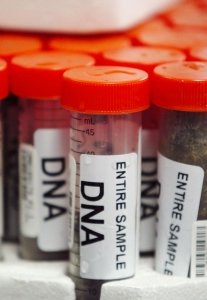Pathological gambling is a condition where a person has an irresistible urge to gamble which leads into a condition of problem gambling. Often, a pathological gambler will engage in criminal activity in order to feed their live or habit and in this article we will talk about some of the behaviors and characteristics of problem gamblers.
First, let’s look at the behavioral characteristics of problem gamblers. For many, the symptoms of problem gambling will mimic drug addiction and some problem gamblers are mistaken as drug addicts. Among these behavior characteristics include preoccupation and loss of control in connection with their gambling. They have usually made many attempts to stop their activity but were unable. Problem gamblers are often preoccupied with gambling, gambling strategies, or even ways to raise capital to gamble with.

Other behavioral characteristics include withdrawal, lying, and even tolerance to gambling. A gambler that has not gambled in a while or is trying to stop will exhibit withdrawal symptoms much the same as a drug addict. These withdrawal symptoms can even exhibit when a gambler is not even trying to quit, much like they do with severe drug addicts. They will often lie to family, friends, and even their own spouse regarding the extent of their problem. Often, a gambler will have to increase the amount of money wagered in order to experience the rush of gambling much like a drug addict has to increase the potency or frequency of use to keep their same high.
For many , there comes a point where they hit a wall. This may come as a result of running out of money to wager with or they may lose their job due to their gambling addiction. Sometimes, a gambler will run up such a mountain of debt to casinos, bookies, or others that they are forced to find another revenue stream to pay their debts and to continue gambling. Many times, this is when a problem gambler will turn to criminal activity.
The type of illegal activity a problem gambler engages in will depend on circumstances. The most common form of illegal activity is forgery and theft. If you look into the past of many problem gamblers, you will see this activity begin small and possibly with family or close friends. These incidents by and large may be covered up to protect the gambler in hopes they will turn things around. When they do not, they have to find others to steal from.
Fraud and embezzlement are common for white collar problem gamblers with the access to funds. Again, many times these criminal acts may start small and often the gambler “intends to pay the money back.” When their luck fails to turn around, the problem compounds and many times the embezzlement continues until records are audited or some other situation occurs that reveals that illegal activity has occurred.
Compulsive gamblers at their core have an addiction to the act of gambling like a drug addict does to crack or heroin. While it does not excuse criminal behavior when they engage in it, it at least give those investigating the crimes a better understanding behind why the crimes may have been committed.

